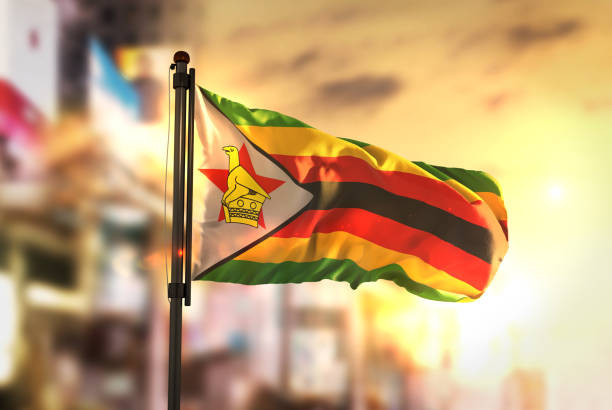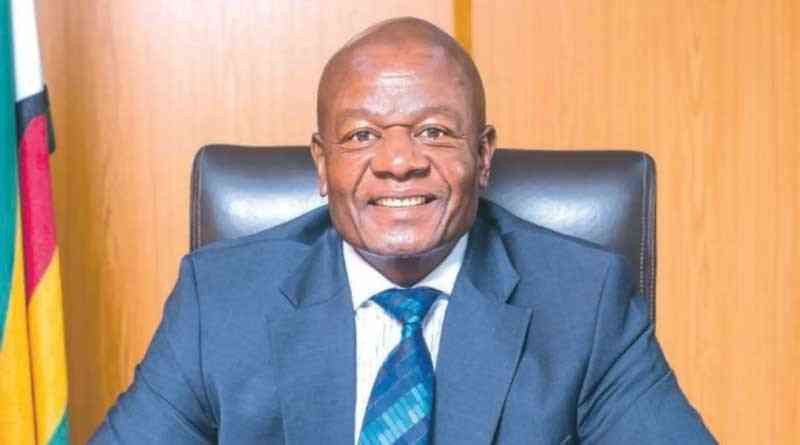
THERE comes a time when metaphors cease to be literary devices and instead become the raw truth of a nation’s reality.
Zimbabwe is no longer just struggling — it is the “mangy dog” from Mozambican author Luís Bernardo Honwana’s haunting story, diseased and dying, yet still capable of inspiring compassion.
Sadly, unlike Honwana’s fictional outcast, our country’s slow death is not fiction and will not be met with empathy by those with the power to save it.
For decades, Zimbabwe has suffered under the stifling grip of failed leadership, marked by corruption, nepotism, tribalism and economic decay.
These are not speculative claims.
These are lived realities — voiced by citizens, recorded by journalists and ignored by a ruling elite too consumed by greed to care.
Under Zanu PF, Zimbabweans were promised liberation, dignity and prosperity.
Instead, they got betrayal wrapped in patriotic slogans.
- Mavhunga puts DeMbare into Chibuku quarterfinals
- Bulls to charge into Zimbabwe gold stocks
- Ndiraya concerned as goals dry up
- Letters: How solar power is transforming African farms
Keep Reading
The regime has turned Zimbabwe into its personal cash cow.
From gold and lithium to road construction and other lucrative infrastructure tenders, those in power have inserted themselves in every profitable crevice of the economy.
When they do work, it’s often shoddy.
More often, the work is never done — despite full payment upfront.
Corruption is not an accident here; it’s a system.
In Honwana’s We Killed Mangy Dog and Other Stories, the title story ends in tragedy: A group of schoolboys are manipulated by authority into killing a helpless, diseased stray dog.
The one boy who hesitates — who still sees dignity in the dying dog — is forced to take the first shot.
That boy, Ginho, is the conscience of a nation.
Today, the conscience of Zimbabwe lies with its ordinary citizens — those who still hope, still care, still resist.
And yet, it is not just indifference that is killing Zimbabwe — it is predation.
What we are witnessing is not neglect; it is calculated plunder.
A vulture State has emerged, one that feasts on the very carcass it helped create.
Zimbabwe’s ruling elite doesn’t just ignore the suffering — it profits from it.
They have become the hunters of Honwana’s tale, convinced that loyalty is proven through destruction.
Jobs are vanishing. Formal companies are shutting down.
According to the Zimbabwe National Statistics Agency, the informal economy now accounts for 76% of employment.
This is not resilience. It’s survival. And even that is increasingly criminalised, as State security agents hound dissenters, journalists and any citizen bold enough to question authority.
It is time we face the truth: We are being asked to finish off Zimbabwe. Not with bullets, but with silence. With resignation. With complicity.
Every time we normalise corruption, ignore injustice or accept the lies fed to us by those in power, we become another boy with a slingshot, aiming at a dog we once loved.
But it does not have to end this way. Ginho, in his refusal, still had the courage to say no. We, too, must refuse.
Refuse to be part of a system that demands we destroy what little remains.
Refuse to accept that Zimbabwe’s fate is sealed.
Zimbabwe is wounded. Diseased. Tired. But it is not yet dead.
It still has people who care — people who remember what it once was and what it could still become. This is an impassioned plea, not just to those in power, but to all of us:
Please — stop finishing off this mangy dog. Let it live. Let it heal. Let it rise again.






